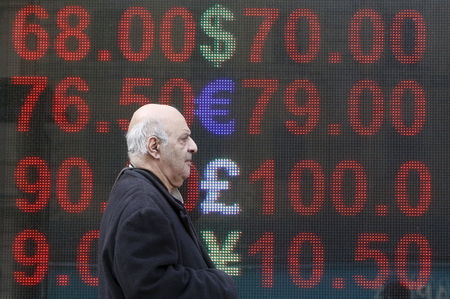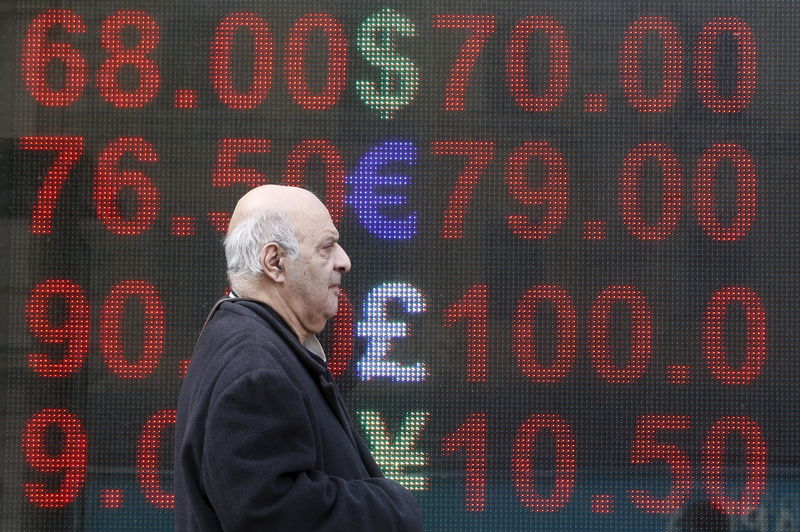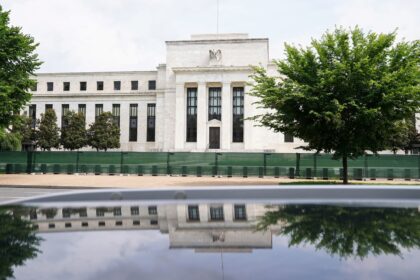
The Swiss National Bank (SNB) could enter a prolonged monetary easing cycle due to the unexpected slowdown in Swiss inflation and the strength of the Swiss franc, according to a report from Gavekal Research.
Inflation in Switzerland fell to 1.1% annually in August, compared to 1.3% in July and below the expected 1.2%. This development indicates that inflation in the third quarter will be considerably lower than the 1.5% predicted by the SNB.
The SNB had previously allowed the franc to appreciate to counter imported inflation during the 2022-2023 global inflation wave.
However, with inflation below the SNB’s target and the global inflation trend declining, concerns are growing that this strategy could hurt exporters and push the economy towards a deflationary cycle.
From January to May, the nominal effective exchange rate of the Swiss franc fell by 6%, but this trend reversed in the last three months, wiping out all losses.
As a result, the real effective exchange rate of the franc has reached a cyclical peak, indicating a loss of international competitiveness.
The impact of the strong Swiss franc is evident from the inflation contribution of domestic and imported goods.
The contribution of domestic goods has remained stable at around 1.5 percentage points, while the contribution of imported goods has been negative for more than a year and reached a new cyclical high of -0.4 percentage points in August.
Swiss exporters are feeling the pressure of the franc’s strength. The country’s largest manufacturing lobby group has called on the SNB to provide relief as members struggle to compete in foreign markets.
As a result, the SNB has already cut the policy rate twice, from 1.75% to 1.25%, and further cuts below 1% are expected.
The SNB could also increase its foreign exchange purchases to counter the appreciation of the franc. Although it only became a net buyer of foreign exchange in the first quarter of 2024, with CHF800 million in purchases, there is potential for a significant increase in activity given the historical quarterly average of CHF13 billion in purchases between 2011 and 2021.
This article was produced with the support of AI and reviewed by an editor. For more information see our General Terms and Conditions.





















